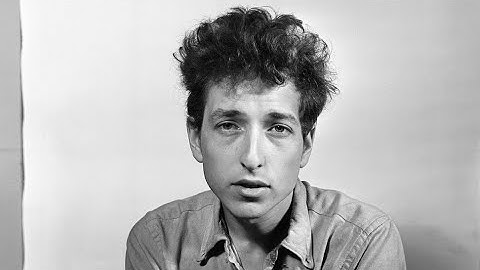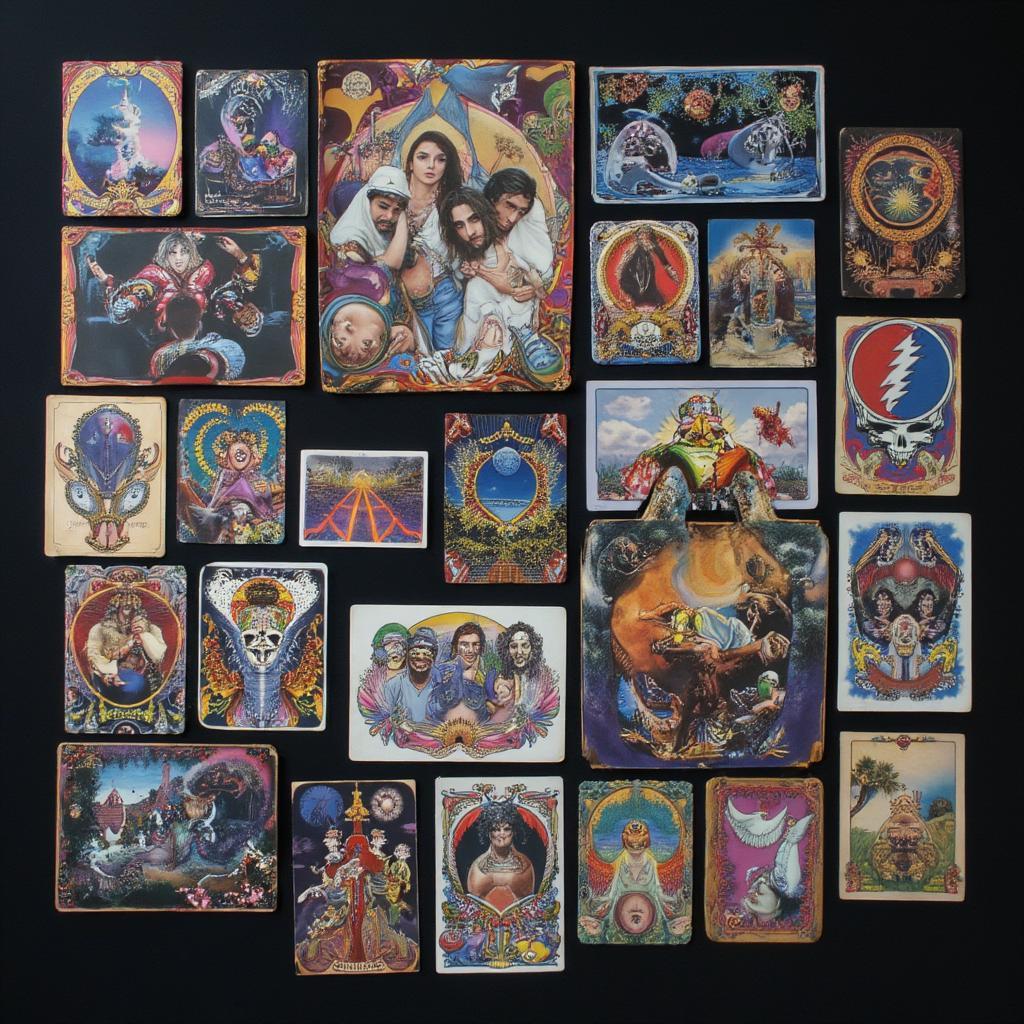Don’t Think Twice, It’s All Right by Bob Dylan: Meaning and Analysis

Bob Dylan is one of the most influential and celebrated musicians of all time, with a career spanning over six decades. His songs have become anthems for social change and his poetic lyrics have captured the hearts and minds of generations. Among his many iconic works, “Don’t Think Twice, It’s All Right” stands out as a timeless classic that continues to resonate with listeners today. This blog post will explore the enduring legacy of this beloved song, examining its themes, inspirations, and impact on contemporary music.
Bob Dylan’s ‘Don’t Think Twice, It’s All Right’: A Song of Loss and Resilience
Released in 1963 on Dylan’s second studio album, “The Freewheelin’ Bob Dylan,” “Don’t Think Twice, It’s All Right” quickly became one of his most popular songs. At its core, the song is about heartbreak and resilience in the face of a failed relationship. Dylan’s raw and emotive vocals, accompanied by a simple acoustic guitar, perfectly capture the pain and longing expressed in the lyrics.
The song begins with the iconic lines, “It ain’t no use to sit and wonder why, babe / If you don’t know by now / And it ain’t no use to sit and wonder why, babe / It’ll never do somehow.” These opening lines set the tone for the rest of the song, with Dylan acknowledging the futility of dwelling on the past and trying to understand why things fell apart. Instead, he urges the listener to move on and accept that some things just can’t be understood.
The Timeless Appeal of ‘Don’t Think Twice, It’s All Right’
One of the reasons why “Don’t Think Twice, It’s All Right” has stood the test of time is its universal appeal. Almost everyone can relate to the pain of a broken heart and the internal struggle of trying to let go. Dylan’s lyrics are simple yet profound, making the song accessible to people of all ages and backgrounds.
The song has also been covered by numerous artists over the years, including Johnny Cash, Joan Baez, and Elvis Presley. This is a testament to its enduring appeal and how it continues to resonate with listeners across generations and genres. Whether it’s a folk rendition or a country-infused cover, “Don’t Think Twice, It’s All Right” always manages to strike an emotional chord with audiences.
From Folk Classic to Pop Culture Icon: The Evolution of ‘Don’t Think Twice, It’s All Right’
Over the years, “Don’t Think Twice, It’s All Right” has evolved from a folk classic to a pop culture icon. It has been featured in various films, TV shows, and commercials, solidifying its place in popular culture. Some notable appearances include the movie “Inside Llewyn Davis,” the TV series “The Handmaid’s Tale,” and a Levi’s commercial featuring Bob Dylan himself.
The song’s longevity and widespread recognition can also be attributed to its use in various social and political movements. During the civil rights movement of the 1960s, it was seen as a protest song against injustice and inequality. In more recent times, it has been used by activists and protesters in marches and demonstrations, further cementing its status as a powerful anthem for change.
The Lyrics of ‘Don’t Think Twice, It’s All Right’: A Deeper Dive
While the overall theme of “Don’t Think Twice, It’s All Right” may seem straightforward, Dylan’s lyrics are filled with layers of meaning and subtle nuances that make them ripe for analysis. Let’s take a closer look at some of the standout lines from the song:
- “When your rooster crows at the break of dawn / Look out your window and I’ll be gone”: These opening lines paint a vivid picture of someone leaving at the first light of day, without warning or explanation. It sets the scene for the rest of the song, highlighting the suddenness and finality of a relationship’s end.
- “I ain’t sayin’ you treated me unkind / You could have done better but I don’t mind / You just kinda wasted my precious time”: Here, Dylan acknowledges that his partner may not have been intentionally cruel, but their actions still hurt him. He also points out that he is not bitter about the situation, despite feeling like his time was wasted.
- “But it’s all right, Ma, it’s life, and life only”: This line, borrowed from Dylan’s earlier song “It’s Alright, Ma (I’m Only Bleeding),” speaks to the inevitability of loss and heartache in life. It’s a reminder to accept the ups and downs and keep moving forward.
Musical Influences and Inspirations Behind ‘Don’t Think Twice, It’s All Right’
As with many of Bob Dylan’s songs, “Don’t Think Twice, It’s All Right” has roots in traditional folk music. The fingerpicking style of the guitar and the lyrical structure draw inspiration from old folk ballads, while the use of harmonica adds a distinct American blues element to the song.
In an interview with Rolling Stone magazine, Dylan cited fellow folk musician Paul Clayton as a major influence on the song. Clayton’s 1960 album “Bay State Ballads” featured a track called “Who’s Gonna Buy Your Chickens When I’m Gone,” which shares similarities with “Don’t Think Twice, It’s All Right.” Clayton later accused Dylan of plagiarizing his song, but the two reached a settlement and remained on good terms.
The Story Behind ‘Don’t Think Twice, It’s All Right’
Like many of Dylan’s songs, there are numerous rumors and speculations about the inspiration behind “Don’t Think Twice, It’s All Right.” Some believe that it was written about Dylan’s relationship with folk singer Joan Baez, while others speculate that it was inspired by his brief romance with Suze Rotolo.
According to Rotolo, who is featured on the album cover of “The Freewheelin’ Bob Dylan,” she and Dylan were in a tumultuous relationship during the writing of the song. However, Dylan himself has never confirmed or denied these rumors, leaving the true story behind the song open to interpretation.
‘Don’t Think Twice, It’s All Right’ in Film and Television
As mentioned earlier, “Don’t Think Twice, It’s All Right” has been featured in various films and TV shows over the years. One of the most notable uses of the song was in the Coen Brothers’ film “Inside Llewyn Davis,” which tells the story of a struggling folk musician in 1960s New York.
In the movie, the song is performed by Oscar Isaac, who plays the titular character. The emotional impact of the song is heightened by the fact that Isaac’s character is going through a similar heartbreak as the one described in the lyrics. This use of the song adds depth and meaning to both the film and the song itself.
The Meaning of ‘Don’t Think Twice, It’s All Right’: Interpretations and Analysis
As with any piece of art, the meaning of “Don’t Think Twice, It’s All Right” is open to interpretation. Some see it as a bitter breakup song, while others view it as a message of resilience and acceptance. Regardless of how one interprets it, the song remains a powerful and poignant expression of love and loss.
Some have also delved into the possible biblical references in the song, with some seeing parallels between the lyrics and passages from the Bible. For example, the line “When your rooster crows at the break of dawn” could be interpreted as a reference to Peter denying Jesus three times before the rooster crowed.
The Impact of ‘Don’t Think Twice, It’s All Right’ on Contemporary Music
The influence of “Don’t Think Twice, It’s All Right” can be seen in the works of countless musicians, both past and present. Its universal themes and relatable lyrics have inspired artists such as Johnny Cash, Simon and Garfunkel, and even modern-day stars like Taylor Swift.
In 2011, the song was inducted into the Grammy Hall of Fame, cementing its status as one of the greatest songs of all time. It has been covered by over 300 artists, and its impact on contemporary music continues to be felt today.
Conclusion
“Don’t Think Twice, It’s All Right” is a song that has stood the test of time and continues to resonate with listeners across generations. With its universal themes, poetic lyrics, and simple yet powerful melodies, it remains a staple in the world of music and popular culture. Whether you’re going through a heartbreak or simply appreciating great music, this Bob Dylan classic will always have a special place in our hearts.








